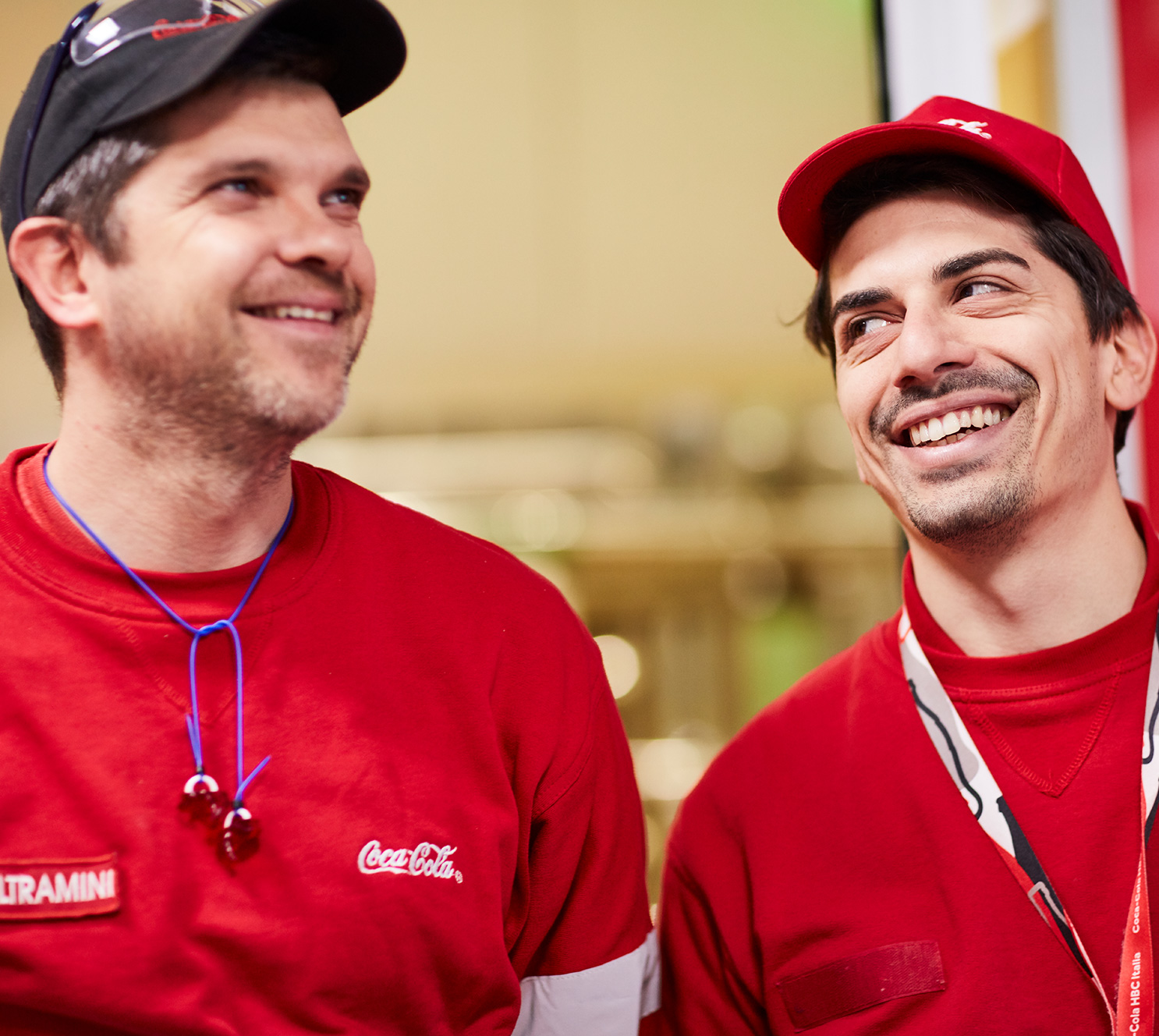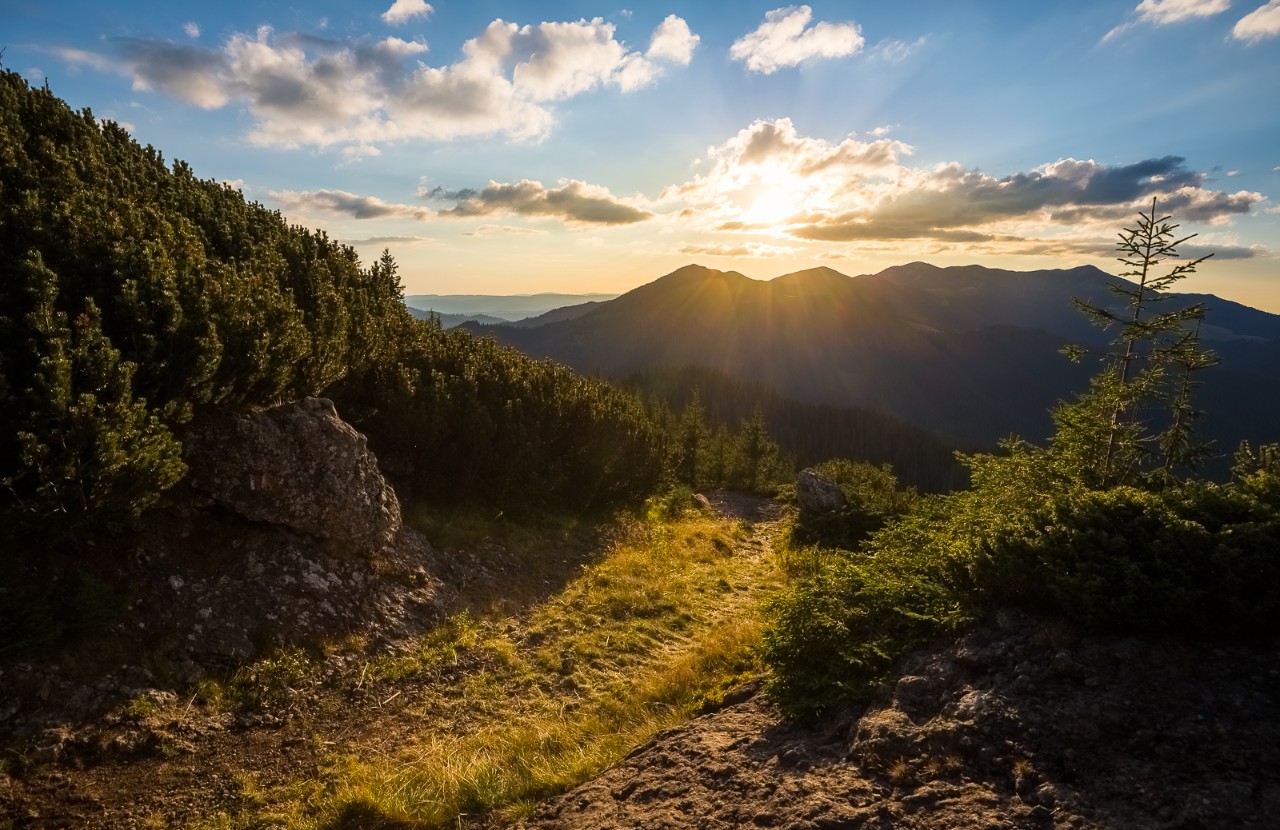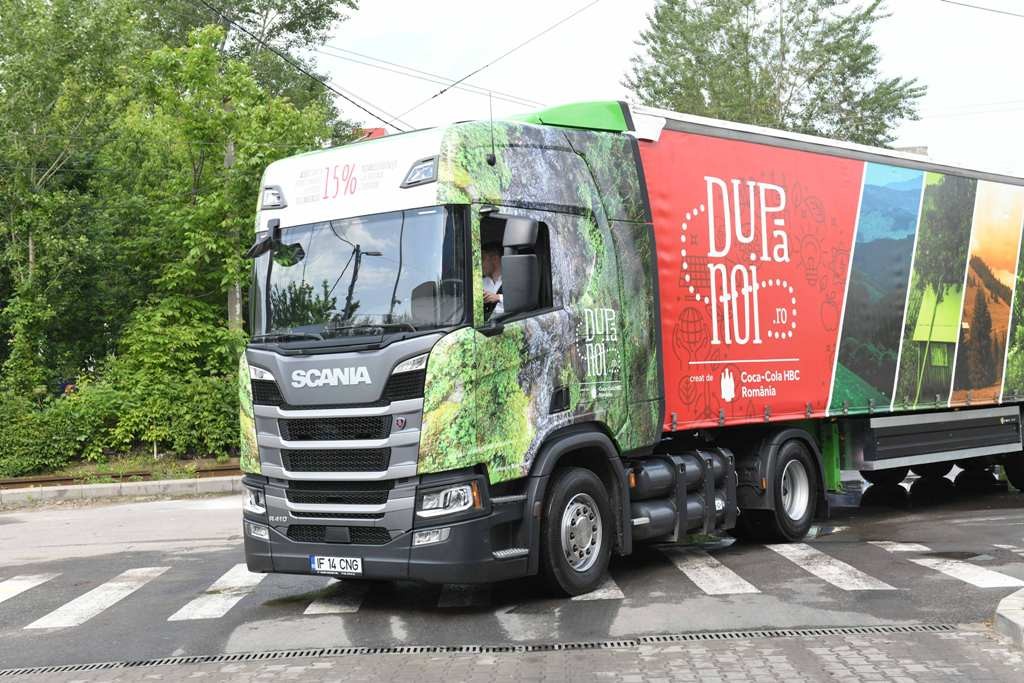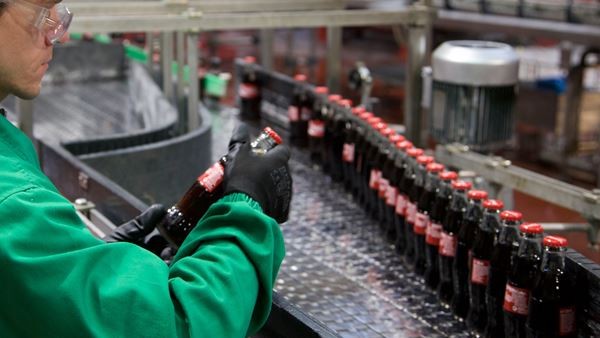We've estimated that the greatest reductions to our carbon footprint will come from the reduction of our energy consumption. The solution we came up with are the Combined Heat and Power (CHP) plants constructed at Ploiesti and under construction at our Timisoara plant. Four CHP plants are currently in operation with 12 others at various stages of development or construction across our Group’s business.
These on-site CHP units will supply the heating, cooling and electricity needs of bottling plants, with great benefits, as they are cleaner and more efficient than conventional power plants. When completed, the program will reduce the CO2 emissions from all our manufacturing plants by 20%, and by more than 40% in Ploiesti and Timisoara.







